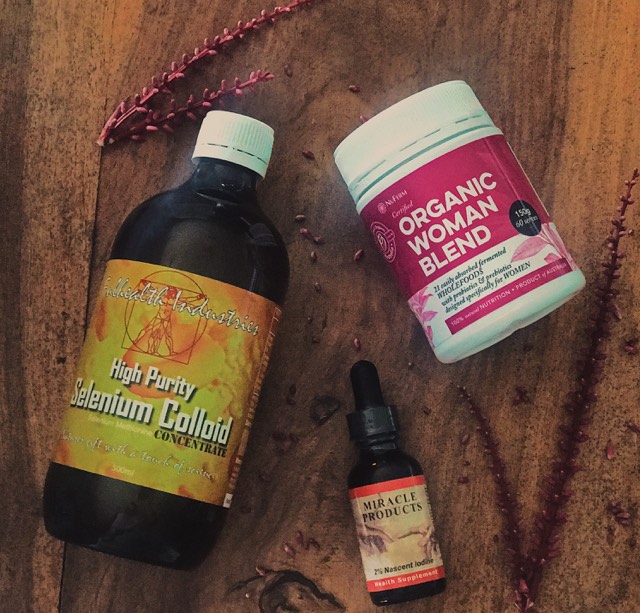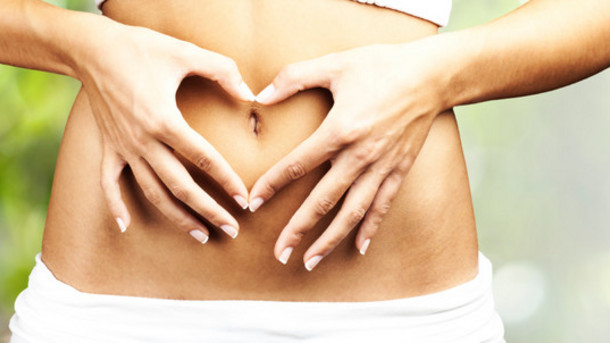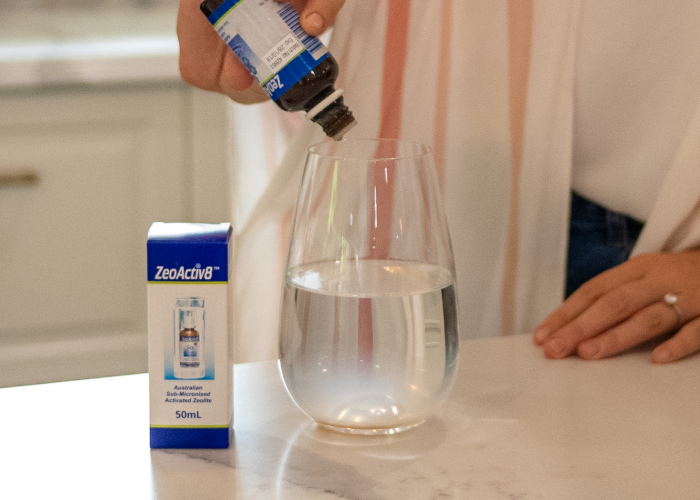
“…OVARIES-eee!!”
Ovarian Health Issues are On the Rise, Here are some quick facts & sug-eggs-tions to keep your goody basket in great health!
Polycystic Ovarian Syndrome ~ PCOS
The underlying cause of PCOS is a combination of insulin resistance, nutritional deficiencies and hormonal imbalances, these must be addressed in order to overcome the condition.
- Reducing carbohydrates, sugar, grains and cereals and potatoes will lower excessive blood insulin levels production of male hormones, encouraging regular ovulation.
- Increase your intake of iodine- Iodine deficiency is extremely common in Australia, increasing the associated risks of cysts in the ovaries, breasts and thyroid gland.
- Increase your intake of magnesium- deficiencies in magnesium are also very common and are essential to reducing insulin resistance.
- Exercise is another great way to reverse insulin resistance as it encourages sensitivity within the body cells towards insulin.
Ovarian Cysts
Ovarian cysts are common in women during their reproductive years, little fluid filled sacs that are produced during each menstrual cycle, commonly known as a ‘follicle’ which will release the ova/egg during the time of ovulation. If pregnancy does not occur, the follicle typically breaks down while being shed along with the uterus lining.
Ovarian Cysts can form when this process does not develop properly the follicle enlarges while filling with fluid. An ultrasound or laparoscopy can be used to diagnose ovarian cysts.
Symptoms of ovarian cysts.
Ovarian cysts can often present without any symptoms at all, other times the following can be experienced.
- Pressure caused by the enlarged cysts can leave you with a feeling fullness and discomfort within the abdomen.
- Painful sexual intercourse.
- Disrupted/irregular menstrual cycle and/or painful periods.
Types of ovarian cysts
- Simple cysts or Functional cysts; the most common type of ovarian cysts, usually harmless and typically resolve themselves within 3 or 4 menstrual cycles.
- Endometrial Cysts or Chocolate cysts; these cysts occur when endometrial tissue attached itself to the ovaries, usually filled with blood, these can cause serious ovarian and fertility issues if left untreated.
- Dermoid Cysts; these can contain various types of human tissue including hair, nails and teeth.
- Cyst-adenoma; these cysts form from cells lining the outer surface of the ovaries.
Treatment options
Supporting our bodies with organic, healthy foods, minerals and probiotics to ensure optimal thyroid and hormonal functions are met, may reduce the symptoms of ovarian cysts and encourage healing.
AVOID Diary products – dairy products have been known to worsen the effects of cystic formations within the body.

AVOID Margarine and processed vegetable oils.

INCREASE Iodine, Selenium and Vitamin D Intake

Iodine deficiencies may increase the risks of cysts within the ovaries, breast and thyroid gland. Treating the thyroid with nutritional medicine has been known to resolve issues related to cystic growths.
Selenium & Vitamin D have also been known to shrink, drastically reduce the size of the ovarian cysts.
If you have any questions about nutrients and probiotics that support Women’s health and supporting a healthy Thyroid to assist with overcoming ovarian health issues, call our friendly team now 07 5549 2554.
HAPPY EASTER XOXO





